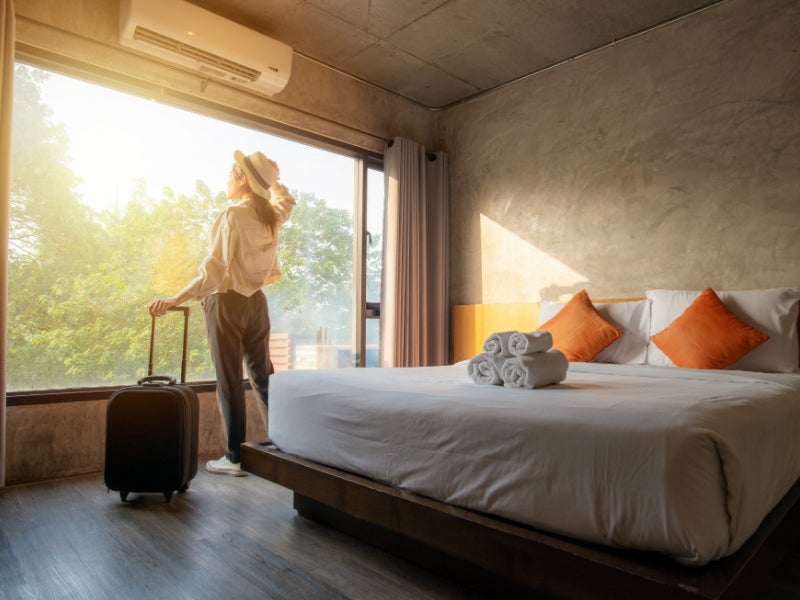IHG and Accor have recently refused to comment on a flurry of rumours regarding a merger between the two hotel heavyweights. This particular rumour is not new and similar murmurs may increase in frequency in the lodging industry as COVID-19 speeds up the process of consolidation.
Shares in Accor and IHG rose on Friday (August 21), after reports the two had explored a merger that would unquestionably create the world’s biggest hotel group, at a combined value of US$17bn. Although this deal seems to be just speculation, the enormity of this potential merger proves that industry consolidation could be accelerated due to behemoths acquiring, merging or striking partnerships with each other to increase market share.
How well do you really know your competitors?
Access the most comprehensive Company Profiles on the market, powered by GlobalData. Save hours of research. Gain competitive edge.

Thank you!
Your download email will arrive shortly
Not ready to buy yet? Download a free sample
We are confident about the unique quality of our Company Profiles. However, we want you to make the most beneficial decision for your business, so we offer a free sample that you can download by submitting the below form
By GlobalDataReasons for a merger are strong
Many reasons for a merger between the two companies make the prospect plausible, especially during the current COVID-19 induced economic downturn, during which both companies have experienced significant losses. A major reason for this merger would be that the newly formed company could achieve savings in central costs. Companies that merge can often take advantage of a range of economies of scale, such as cost savings associated with marketing, technology advancements and workforce specialization.
The deal would also be highly beneficial from a geographical perspective. IHG boasts a strong presence in North America and China, whilst Accor is ubiquitous in Europe and operates properties in developing tourism regions such as Africa. The flagship budget brands of both companies – Ibis and Holiday Inn Express, would be likely to complement each other well and assist in maximizing market share in the midscale/budget segments. Demand for low cost accommodation will be likely to surge in the coming years due to the economic strain that COVID-19 has forced upon many travelers, meaning that the average amount of recreational expenditure per capita will be reduced across the globe. According to GlobalData’s most recent COVID-19 recovery survey, 34% of global respondents are now ‘extremely concerned’ about their personal financial situation. This response amplifies the fact that many travelers will be on a stricter budget going forward.
Stumbling blocks would occur
One of the biggest stumbling blocks for this merger, if it were to go ahead, lies with competition commissions. A combining of the two companies would create an industry titan, operating 1.6 million rooms. This kind of dominance would lead to supreme control over pricing due to a decrease in choice for travelers. If the newly merged company did increase room rates, this would be seen as anti-competitive behavior and will be a prospect that competition authorities will already be wary of.











Related Company Profiles
Ibis LLC
Accor UK Ltd
Holiday Inn Express